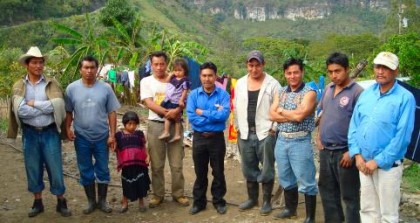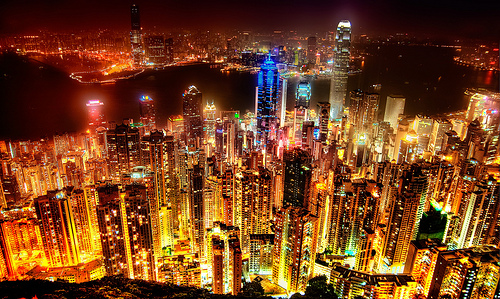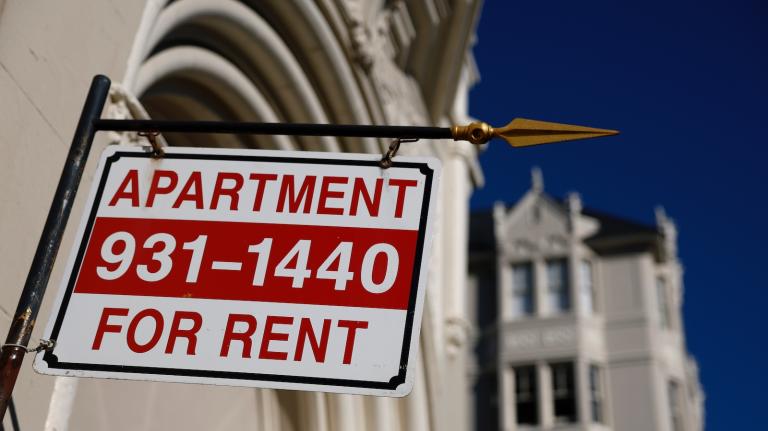Thinkers like Ed Glaeser, whose ideas have been discussed frequently on Grist, assert that density is an unalloyed good, and even Manhattan isn't dense enough. But there is another strand of thought about cities, which is that they are neither green nor sustainable, and it's exemplified by everyone's favorite foul-mouthed catastrophist, James Howard Kunstler.
In a new piece in Orion magazine, helpfully summarized by Treehugger's Lloyd Alter, Kunstler asserts that even the reviving urban cores of our cities are doomed. DOOOOMED!!!
I see our cities getting smaller and denser, with fewer people. Skyscrapers will be obsolete, travel greatly reduced, and the rural edge more distinct. The energy inputs to our economies will decrease a lot, and probably in ways that prove destabilizing. The first manifestations of climate change will be food shortages, one of the reasons I think super slum cities will be short-lived.
Kunstler is talking about the effects of peak oil, of course, which is something else we like to discuss here at Grist. His basic idea is that the long supply chains that feed our cities will become unsustainable as our ability to truck everything to and fro is diminished. (Not to mention all the fossil fuel inputs to our existing food system.)
Instead, he argues, we should look toward dense-but-not-too-dense village-like arrangements, in which we are in close proximity to the food we grow.




